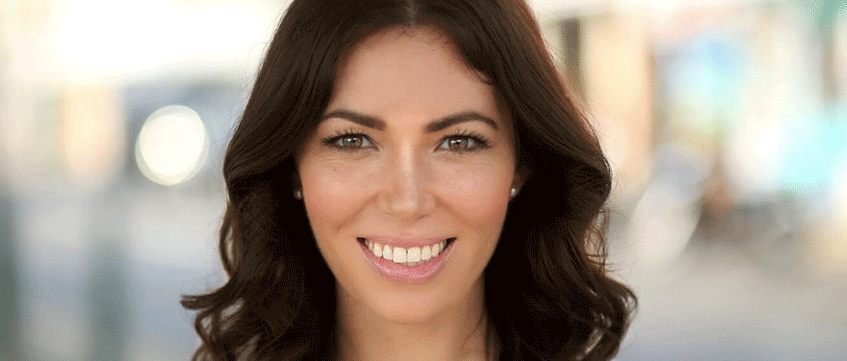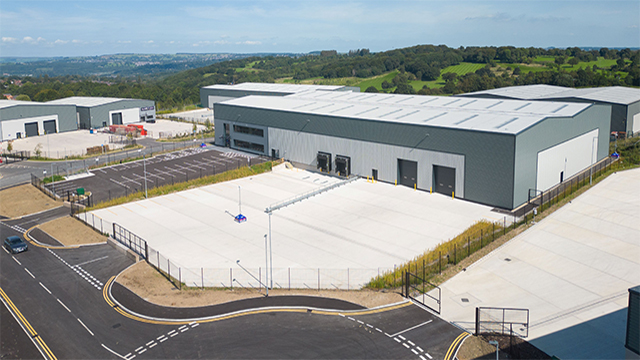We live in a modern, digital world which can be filled with what we perceive to be stressful situations, living in the “fight or flight” side of our nervous system, ready to react, easily triggered, alert and always “on”.
Meditation can give you a short holiday from those stressful feelings and over time, with consistent practice, can create long-lasting and effective change.
Helping with issues including insomnia, addiction, stress, illness, relationships and performance at work, meditation is a lifelong tool and technique that can work at profound and deep physiological and neurological levels.
One of the most profound effects of meditation is that it can help to de-excite the nervous system. When this occurs, the nervous system can begin to purge itself of any residual pain and emotional trauma that it may be carrying, resulting in you feeling much lighter, connected and more balanced. It will be developing the neocortex, the part of the brain concerned with rational thought and which also governs our creative and executive functions which are needed for performance at work.
Rather than waiting until you are stressed to meditate, begin to develop a practice where it becomes part of your daily routine, just like brushing your teeth. It will rewire your nervous system and your brain to move from over-producing stress chemicals and under-producing endorphins to a place of greater balance and more rational thought.
Deep meditative practices are excellent for freeing up our subconscious and healing things from the inside out. This, in turn, creates the room and space for us to be free from overthinking, anxiety, emotional pain and to be better able to develop and nourish our relationships with ourselves and importantly with others too.
Collective energy
A common misconception is that meditation is for hippies, monks and people living in ashrams. In fact, meditation is used by some of the greatest world leaders and business people. It is for everyone. You also do not have to be in total silence, you can meditate anywhere; on the Tube, the train, the bus or a plane. It is great before a big presentation or interview as it will settle your nerves and bring your excited nervous system into balance.
Be creative with your practice. Try it on the Tube, in the park, at your desk or in a private meeting room. Encourage colleagues and host a group meditation once a week. This will feel more powerful as you have a collective energy. Try to leave two hours after eating before you meditate so that your body is not also trying to digest your food at the same time. It is also best to avoid caffeine before meditating so that it does not stimulate your nervous system and delay the relaxation response you will be looking for.
Never judge your meditation. Each meditation will be unique and no matter what your experience is, it will always be working on a deep physiological level, so whether your meditation is thought-filled, emotional, blissful or frustrating, trust that change is happening at a very deep level.
You can meditate by downloading numerous apps that now exist, however it is best to avoid placing conditions around your meditation. Also consider that you may be developing a reliance on a digital device and someone’s voice to guide you into a meditation.
Seek a qualified teacher with whom you resonate and learn in person so that you are empowered to have your own self-sufficient practice that you can take everywhere, your very own portable tool and technique – for life.
Develop a practice as part of your daily routine and never feel guilty if you miss a meditation. Take the pressure off yourself and pick it back up the next day. Be consistent. Incremental change applied consistently over time yields the best results.
Niamh Keane is the founder of Sankalpa Studio











